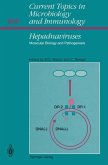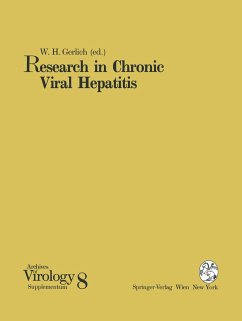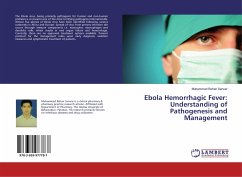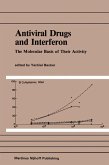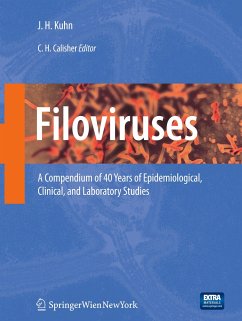Antiviral drug development has led to significant advances in the control of globally prevalent viral infections by the hepatitis C (HCV) and the human immunodeficiency viruses. Nonetheless, there are current gaps in the armamentarium against global viral infections due to some herpes viruses, the hepatitis B virus, and the deadly filovirus Ebola and arenavirus Tacaribe responsible of outbreaks of hemorrhagic fever in emerging countries. Arbidol (ARB) is a cost-effective antiviral with broad-spectrum activity, administered for decades in Russia and China against flu. We showed that ARB inhibits HCV infection, and has potent antiviral activity against the Ebola, Tacaribe, hepatitis B and human herpes-8 viruses. Since these viruses have divergent life cycles, we posit that ARB may exhibit varied modes of action against different viruses. Careful dissection of molecular mechanisms of action of ARB against HCV and the Ebola virus revealed that ARB blocked viral entry. ARB might, therefore, constitute a pharmacological approach against globally prevalent viruses, and an affordable molecule for emerging countries in urgent need for effective antiviral therapies.
Bitte wählen Sie Ihr Anliegen aus.
Rechnungen
Retourenschein anfordern
Bestellstatus
Storno


